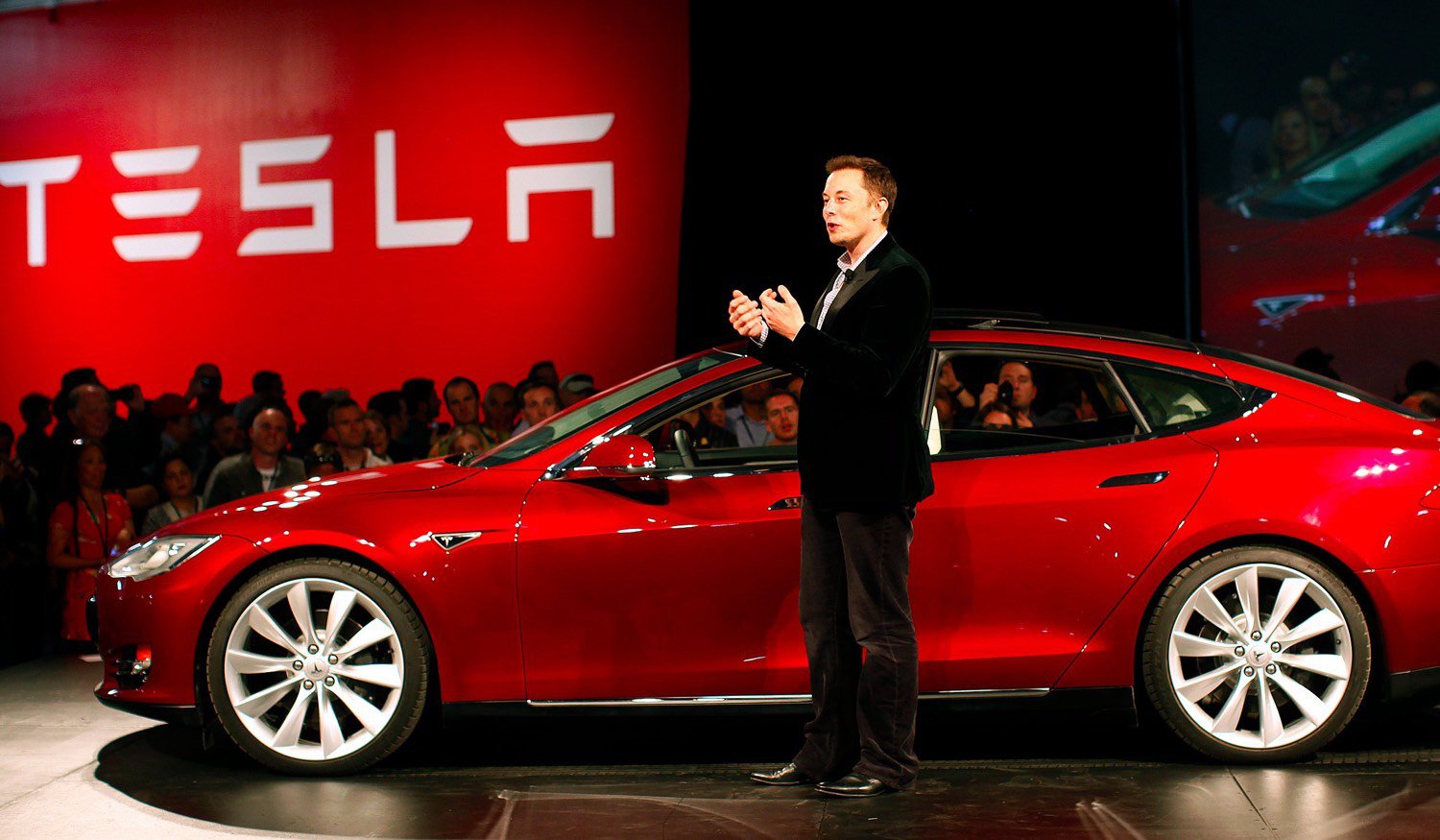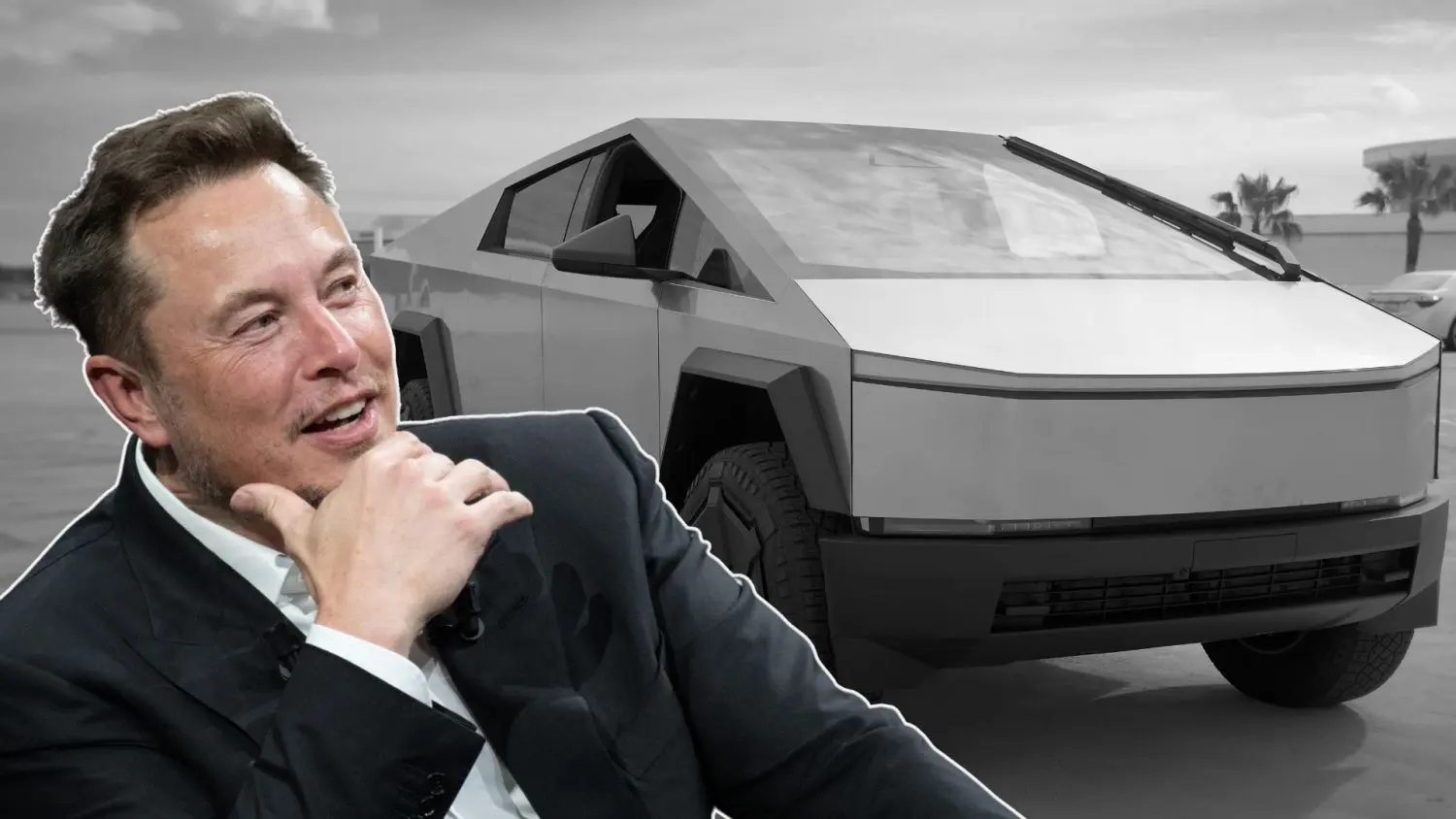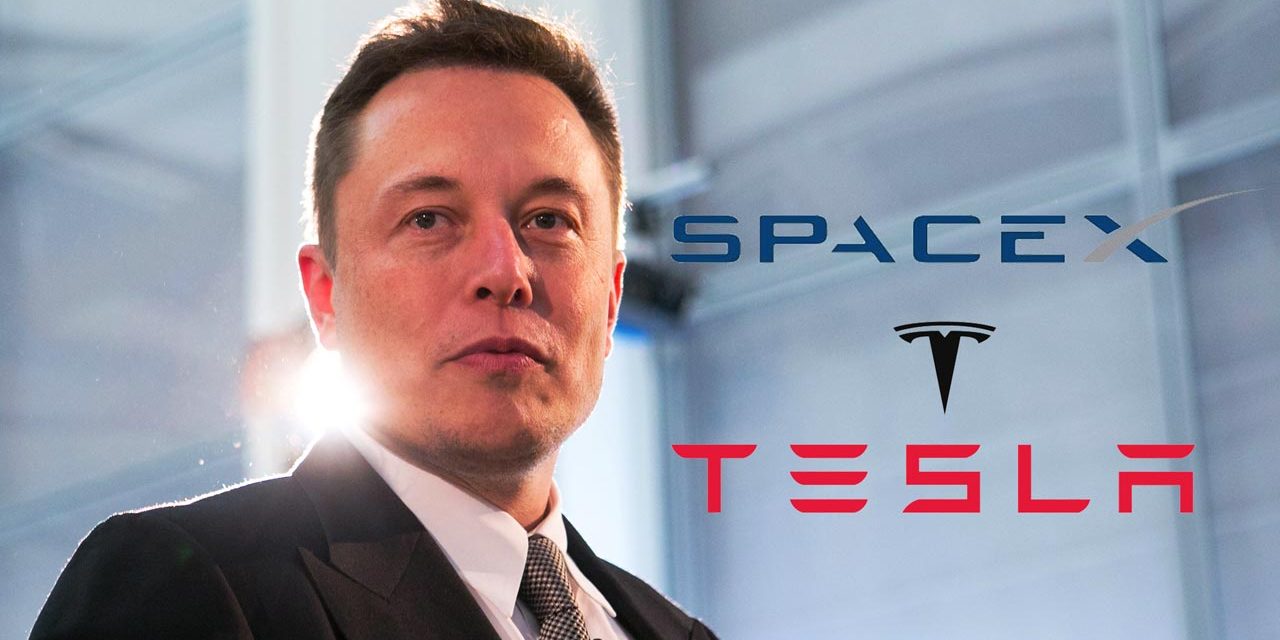The status of Elon Musk's monumental 2018 compensation package, once valued at an astronomical $55 billion (now adjusted for various factors), remains shrouded in legal uncertainty as the case drags through the Delaware court system. This extraordinary payout, contingent on Tesla achieving aggressive market capitalization and operational milestones, was voided by a judge, creating an executive compensation crisis for the world's most valuable car company and its visionary leader.

The Core of the Dispute
At the heart of the litigation is the Delaware Chancery Court’s finding that the package was not a product of arm's-length negotiation. The judge ruled that the process was flawed because Musk exerted undue influence over a board that was deemed insufficiently independent. The ruling focused less on the achievement of the performance targets—which Tesla met—and more on the integrity of the process by which the deal was struck.
The judge effectively required the company to go back to the drawing board, treating the massive award as improperly granted. This decision was a huge blow to Musk, who was forced to operate without the full financial incentives he had been working towards.

Tesla's Response and Re-Ratification
In response to the judicial ruling, Tesla's board and management, eager to secure Musk's continued focus and talent, have taken steps to re-ratify the package. This included launching a new shareholder vote to approve the original 2018 grant. The company argued that this second vote, conducted with full transparency and explicit disclosure of the court's prior findings, would cure the procedural defects cited by the Chancery Court.
The vote was overwhelmingly approved by shareholders, demonstrating the strong faith and desire of investors to keep Musk fully incentivized. However, the legal maneuver of re-ratification itself faces scrutiny. While shareholders voted in favor, the Delaware courts must still determine if this second vote legally restores the contract or if the prior ruling’s concerns about the board’s structure and independence still render the package invalid.

The Path Forward
The case now continues to wind its way through appellate courts, where judges will weigh the power of a shareholder re-ratification against the findings of an un-independent board negotiation. The final decision will set a crucial precedent for corporate governance: Can a flawed compensation process be retroactively fixed by a simple shareholder vote, or does a fundamental lack of board independence permanently invalidate the deal?
Until the courts issue a final, binding decision, the enormous compensation package—and the related stock options—will remain a significant source of legal and financial uncertainty for both Elon Musk and Tesla.
